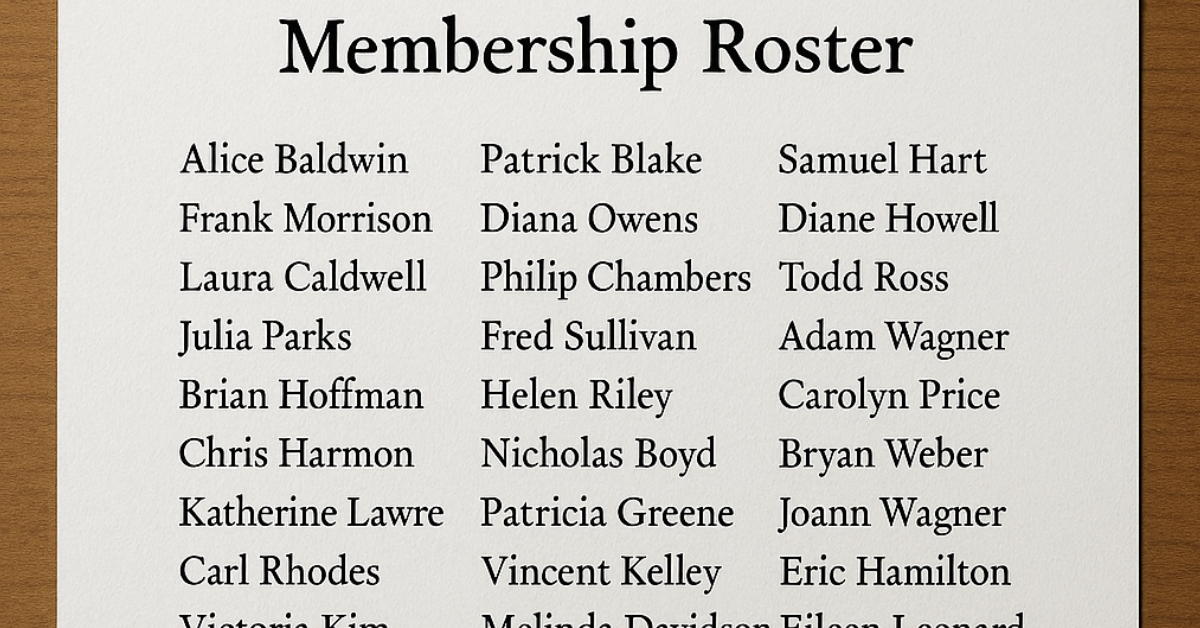A recent federal court ruling technically sided with gun rights groups SAF and FPC but applied the decision so narrowly that almost no one benefits. The judge also controversially ordered the organizations to hand over member lists, sparking serious concerns about government overreach and privacy.
LISTEN TO THIS ARTICLE
LAFAYETTE, LA (3-minute read) — A recent ruling from the U.S. District Court for the Western District of Louisiana has left gun rights advocates both vindicated and frustrated. In the case Caleb Reese v. Bureau of Alcohol, Tobacco, Firearms, and Explosives, Judge Robert Summerhays, though ordered by a higher court to side with the plaintiffs, the Second Amendment Foundation (SAF) and the Firearms Policy Coalition (FPC), issued a ruling so narrow it benefits virtually no one.
The lawsuit originally challenged the federal prohibition on 18 to 20-year-olds buying handguns through federal firearms licensees (FFLs). Under current federal law, individuals under 21 are effectively barred from making such purchases, as the FBI’s National Instant Criminal Background Check System (NICS) automatically denies them. This restriction has long been viewed by many as unconstitutional, and in a rare victory, the Fifth Circuit Court of Appeals agreed, ordering the district court to rule in favor of SAF and FPC.
But Judge Summerhays’ follow-up decision has raised eyebrows. The ruling only applies to SAF and FPC members who were already members as of November 6, 2020, and only those who were living in Texas, Mississippi, or Louisiana at the time. To be eligible now, a person would’ve had to have joined one of those organizations at the age of 13, five years ago. The pool of covered individuals is therefore tiny, and possibly nonexistent.
To make matters worse, the judge ordered SAF and FPC to provide the federal government with their membership rolls from that specific date. For gun rights advocates, this feels like a dangerous precedent. “The practical effect of this order is almost laughable if it wasn’t so frustrating,” said SAF Executive Director Adam Kraut, who emphasized the threat to both constitutional rights and member privacy.
Gun owners have long expressed concerns about sharing personal information with government agencies. A recent example includes the ATF’s alleged use of NICS data to inform states about buyers who legally purchased firearms banned in their home states. SAF and FPC have both made it clear they will not comply easily with the judge’s order and are exploring all legal options to resist what they view as government overreach.
An FPC spokesperson confirmed that their legal team is taking immediate action, stating, “We will commence appellate proceedings as necessary to protect our members.” It’s expected that the groups will return to the U.S. Court of Appeals for the Fifth Circuit to contest the judge’s interpretation of the ruling and his demand for member information.
Privacy Concerns Grow as Gun Groups Ordered to Disclose Member Lists
This case reveals the ongoing tension between federal courts and constitutional gun rights. While the Fifth Circuit tried to expand rights for young adults, Judge Summerhays’ interpretation ensures that, for now, very little changes on the ground. The broader fight for the rights of 18 to 20-year-olds to purchase handguns continues, and may end up back before the courts sooner than later.
Safety Tip: Always understand your state and federal firearm laws, especially regarding age restrictions and transfer limitations. When in doubt, consult a legal expert before making a firearm purchase.
Read full article here


